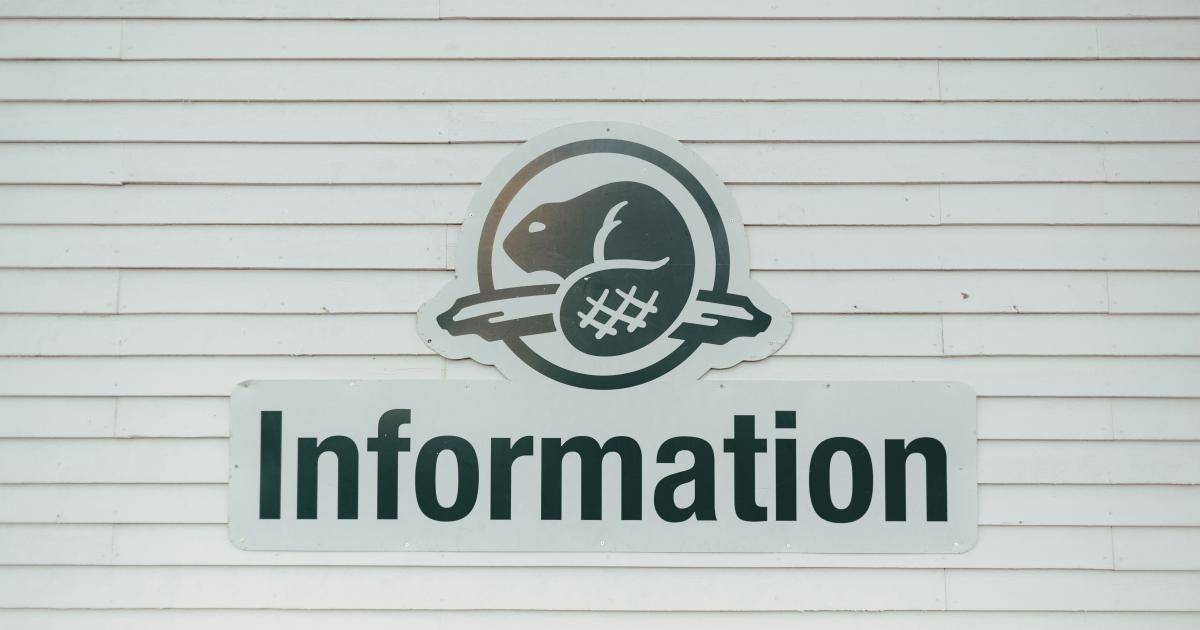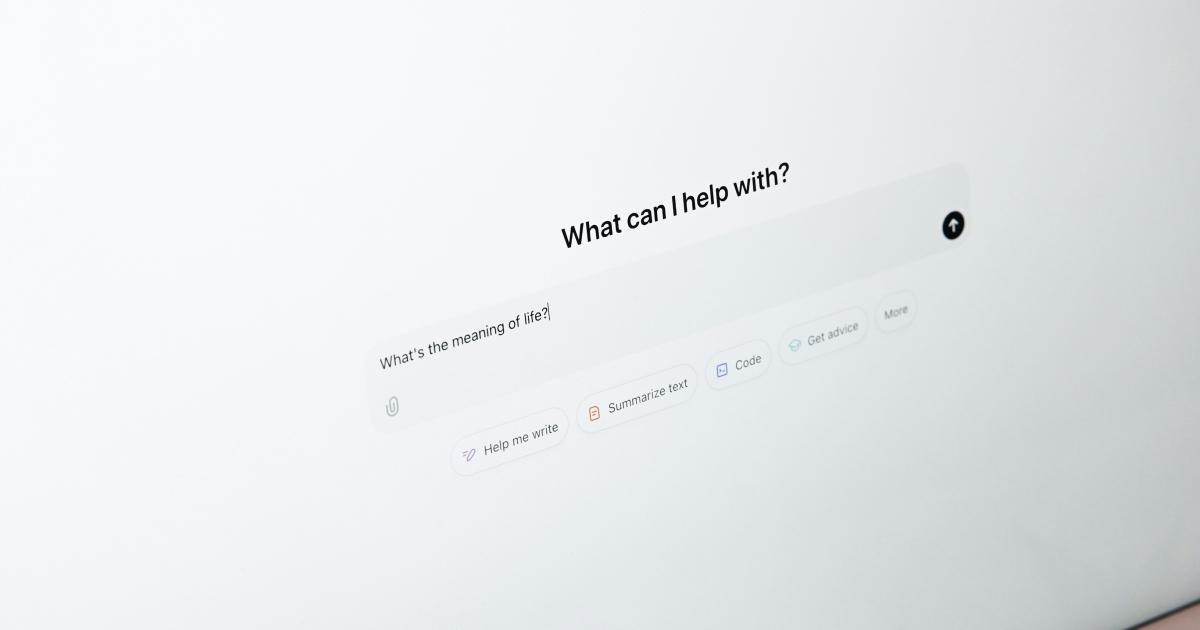Search Intent For Beginners: The 79% Knowledge Gap


Understanding the Importance of Search Intent
In the digital age, where information is readily available at our fingertips, understanding search intent has become a crucial aspect of effective online marketing and content creation. Search intent refers to the underlying motivation or purpose behind a user's search query. It is the foundation upon which search engines, such as Google, deliver the most relevant and useful results to the searcher.
However, a recent study conducted by Ahrefs revealed a concerning statistic: 79% of people searching online are not aware of the concept of search intent. This knowledge gap presents a significant challenge for businesses and content creators who aim to connect with their target audience and provide them with the information they're actively seeking.
The Consequences of Ignoring Search Intent
Ignoring search intent can have far-reaching consequences for your online presence and the success of your digital marketing efforts. When you fail to align your content with the user's search intent, you run the risk of:
Lower Visibility: Search engines prioritize content that closely matches the user's search intent. If your content doesn't adequately address the searcher's needs, it may be buried deep in the search results, making it difficult for potential customers to find.
Reduced Engagement: Even if your content appears in the search results, a mismatch between the user's intent and your content can lead to high bounce rates, low time on page, and decreased engagement. Frustrated users are less likely to convert or take the desired action.
Wasted Resources: Creating content that doesn't align with search intent can be a waste of time, effort, and financial resources. Your content may not effectively reach or resonate with your target audience, leading to a poor return on investment (ROI).
Missed Opportunities: By failing to understand and cater to search intent, you miss out on valuable opportunities to connect with potential customers, build brand awareness, and drive conversions.
The Different Types of Search Intent
To effectively optimize your content for search, it's crucial to understand the three primary types of search intent:
1. Informational Intent
Informational search queries are when users are looking to learn, research, or gain knowledge about a particular topic. These queries often begin with words like "what," "how," "why," or "who." For example, "how to change a tire" or "what is the capital of France?"

Satisfying informational intent typically involves providing detailed, educational content that comprehensively answers the user's question or provides the information they're seeking.
2. Navigational Intent
Navigational search queries are when users are looking for a specific website, brand, or online resource. These queries often include the name of the company, product, or website the user is trying to find. For example, "Amazon" or "Facebook login."

To cater to navigational intent, you need to ensure your website or content is easily found and accessible, with clear branding and navigation elements.
3. Transactional Intent
Transactional search queries are when users are looking to make a purchase, complete a transaction, or take a specific action. These queries often include words like "buy," "order," "rent," or "get." For example, "buy Canon DSLR camera" or "rent a car in New York."

Satisfying transactional intent requires providing clear paths to conversion, such as easy-to-find product pages, shopping carts, and secure checkout processes.
Understanding the Search Intent Knowledge Gap
The Ahrefs study that revealed the 79% knowledge gap among searchers is a wake-up call for businesses and content creators. This startling statistic highlights the disconnect between what users are searching for and the content that is being produced.
The Reasons Behind the Knowledge Gap
There are several factors that contribute to the widespread lack of understanding around search intent:
Lack of Awareness: Many people, including business owners and content creators, simply aren't aware of the concept of search intent and its importance in the digital landscape.
Focus on Keywords: Historically, much of the emphasis in search engine optimization (SEO) has been on keyword research and targeting high-volume keywords. While keywords are still important, the focus has shifted to understanding the user's underlying intent behind the search.
Complexity of Search Engines: The algorithms and ranking factors used by search engines like Google are constantly evolving, making it challenging for the average user to keep up with the latest best practices for optimizing content for search.
Diverse User Behavior: Search intent can vary greatly depending on the individual user, their context, and their specific needs. This diversity can make it difficult to generalize and apply a one-size-fits-all approach to content optimization.
The Consequences of the Knowledge Gap
The lack of understanding around search intent has significant consequences for both users and businesses:
Frustrating User Experience: When users' search queries are not met with content that aligns with their intent, they are left feeling frustrated and unsatisfied, potentially leading to a negative perception of the brand or website.
Missed Opportunities: Businesses that fail to optimize their content for search intent are missing out on valuable opportunities to connect with their target audience, drive qualified traffic, and ultimately, increase conversions and revenue.
Wasted Efforts: Content creators who are unaware of search intent may invest time and resources into producing content that does not resonate with their audience, leading to wasted efforts and a poor return on investment.
Decreased Competitiveness: In a digital landscape where search engine optimization is crucial for visibility and success, businesses that do not prioritize understanding and catering to search intent may fall behind their more savvy competitors.
Bridging the Search Intent Knowledge Gap
To address the 79% knowledge gap and ensure your content effectively meets the needs of your target audience, you'll need to take a strategic approach to understanding and optimizing for search intent.
Conducting Thorough Keyword Research
Effective keyword research is the foundation of understanding search intent. By analyzing the keywords and phrases your target audience is using to find information, you can gain insights into their underlying motivations and intentions.

When conducting keyword research, pay attention to:
- Search Volume: Identify the most popular and relevant keywords related to your niche or industry.
- Search Intent: Analyze the types of queries (informational, navigational, or transactional) that your target audience is using.
- Keyword Modifiers: Look for keywords that include qualifiers like "how to," "best," "top," or "review," as these can provide clues about search intent.
Analyzing Search Engine Results Pages (SERPs)
Examining the search engine results pages (SERPs) for your target keywords can provide valuable insights into search intent. Observe the types of content that are ranking for specific queries, as well as the featured snippets, related searches, and other SERP features.

By understanding the search engine's interpretation of the user's intent, you can better align your content to meet those expectations.
Gathering User Feedback
Direct feedback from your target audience can be a powerful tool in understanding search intent. Engage with your customers, subscribers, or social media followers to gather insights on:
- The types of information they're seeking online
- The specific questions or problems they're trying to solve
- The actions they're looking to take when searching

Incorporating user feedback into your content strategy can help you create more relevant and valuable content that addresses the true needs of your audience.
Optimizing Content for Search Intent
Once you've gained a clear understanding of search intent, it's time to optimize your content to cater to the specific needs of your target audience. This may involve:
Adjusting Content Format: For informational queries, provide detailed, educational content in the form of blog posts, tutorials, or FAQ pages. For transactional queries, focus on product pages, shopping carts, and conversion-focused content.
Refining Messaging and Tone: Align your content's messaging, tone, and language to match the searcher's intent. For example, use more instructional language for informational queries and more persuasive language for transactional queries.
Incorporating Relevant Keywords: Strategically integrate the keywords that reflect your target audience's search intent throughout your content, including in headings, subheadings, and meta tags.
Enhancing User Experience: Ensure your website's navigation, site structure, and overall user experience facilitate a smooth and seamless journey for users, regardless of their search intent.

By aligning your content with search intent, you can improve your visibility in search results, increase user engagement, and ultimately drive more qualified traffic and conversions.
The Benefits of Mastering Search Intent
Mastering the art of understanding and optimizing for search intent can have far-reaching benefits for your business or content creation efforts:
Improved Search Rankings: By creating content that closely matches the user's search intent, you can improve your visibility in search engine results, making it easier for your target audience to find your content.
Higher Engagement Rates: When users find content that directly addresses their needs and intent, they are more likely to engage with it, resulting in lower bounce rates, longer session durations, and increased conversions.
Stronger Brand Positioning: Consistently delivering content that meets the search intent of your target audience can help build trust, credibility, and brand loyalty, positioning your business as a reliable and valuable resource.
Increased ROI: By optimizing your content for search intent, you can more effectively reach and convert your target audience, leading to a higher return on investment for your content creation and marketing efforts.
Competitive Advantage: In a crowded digital landscape, businesses that prioritize understanding and catering to search intent can gain a significant competitive advantage over those that do not.

Ultimately, mastering search intent can be a game-changer for your online presence, helping you connect with your target audience, drive more qualified traffic, and achieve greater success in the digital realm.
Conclusion: Bridging the Search Intent Knowledge Gap
The 79% knowledge gap revealed by the Ahrefs study represents a significant opportunity for businesses and content creators to gain a competitive edge by understanding and optimizing for search intent.
By embracing the importance of search intent, conducting thorough keyword research, analyzing SERPs, gathering user feedback, and optimizing your content accordingly, you can bridge this knowledge gap and deliver value to your target audience.
Remember, search intent is not a one-time consideration, but an ongoing process that requires continuous monitoring, adaptation, and refinement. Stay informed about the latest trends and best practices in search engine optimization, and be willing to adjust your approach as the digital landscape evolves.
Embracing the power of search intent can unlock a world of opportunities, helping you connect with your audience, drive meaningful engagement, and ultimately, achieve greater success in the digital realm.